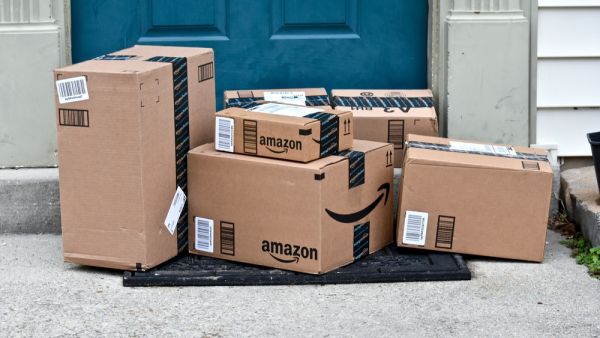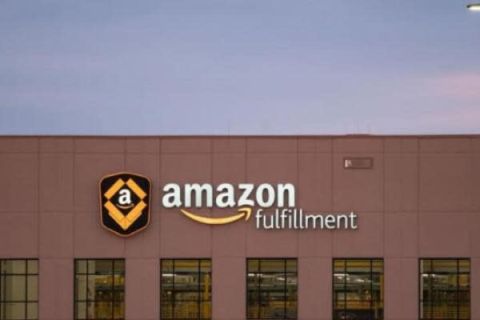ALBAWABA- Imagine coming home every day to a flood of Amazon packages on your doorstep, none of which you ordered. For Anca Nitu, this scenario has become her unsettling reality.
Over the past two months, she's been inundated with more than 50 parcels containing women's shoes, shipped from various corners of North America.
The sender's intention was to return these shoes to an Amazon seller, but each package contained a return authorization slip with Nitu's address.
Nitu's story unfolds like a mystery, with a growing pile of shoes and mounting stress. Couriers have not only been leaving these unexpected packages on her porch, but they've also been accompanied by hefty Connect-on-Delivery (COD) customs charges.
Her mailbox has been receiving bills from UPS, adding financial strain to her emotional turmoil. The ongoing ordeal has taken a toll on her mental and physical well-being, leading to sleepless nights and a loss of appetite.
While Nitu is yet to pinpoint the exact cause, her suspicions revolve around her residence being exploited as a return address for sellers or third-party handlers to offload their unwanted merchandise.
The Better Business Bureau (BBB) suggests that this could be a vendor-return scheme, a phenomenon that seems to be more common in overseas countries such as China or India.
By using a private address for returns, sellers attempt to dodge international shipping and warehouse costs, potentially saving them significant amounts of money.
Third-party sellers who utilize Amazon fulfillment centers are subject to various fees, including picking, packing, shipping, handling, and product returns.
When products can't be resold, these companies face additional charges for removal and disposal. In a bid to cut costs, some sellers may resort to sending returns to unsuspecting addresses.
The motivations behind this phenomenon are a blend of economics and convenience. Sellers may opt for private return addresses to evade overseas shipping costs or fulfillment center fees.
Warehouses might request sellers to remove unsold products as contracts come to an end.
The allure of saving money in a competitive e-commerce landscape could be the driving force behind these obscure practices.








